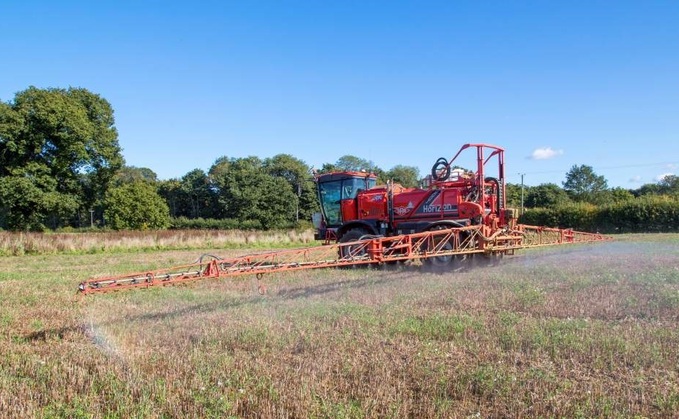
Concerted efforts to deal with problem grass-weeds appear to be succeeding across the country, reveals the latest in a series of national grower studies dating back to 2000. But the Roundup study conducted...

Concerted efforts to deal with problem grass-weeds appear to be succeeding across the country, reveals the latest in a series of national grower studies dating back to 2000. But the Roundup study conducted...